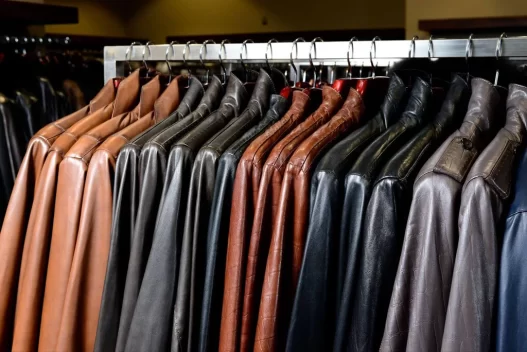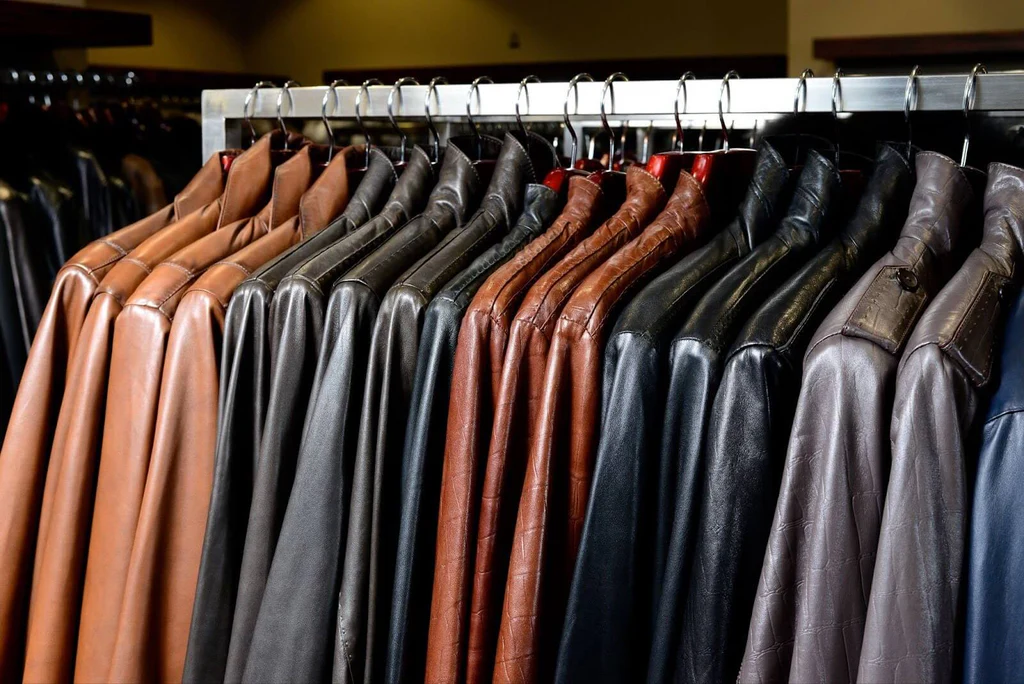The influence of labels on consumer choices can be much greater than most people realise. When you see words like 100 per cent Organic Cotton or Made in Italy, you think of high-quality, ethically sourced materials and reliability. But what happens when these claims are false or misleading? Consumers are deceived, and businesses profit. This article examines significant loopholes in law, the state of international regulations that allow deceptive labelling, and the consequences for firms that abuse the trust consumers place in them.
The pros and Cons of Product Labelling’s product tags, such as ‘Organic Cotton’ or ‘Made in Italy,’ reflect something real, luxurious, and sustainable. Besides being charged at a higher price, they also influence consumer behaviour, especially among ethical and environmentally conscious shoppers. However, the ease with which these labels can be tampered with has raised concerns due to the rise in greenwashing and fake origin claims.
Labels Claims Controlled through European Union Laws
The country-of-origin claims are regulated by the EU Customs Code, and EU Regulation 2018/848 imposes strict limitations on labelling organic products. According to EU consumer protection laws, false claims are punishable. Section 5 of the FTC Act authorises the FTC to investigate false claims. The labelling of the term ‘Organic’ is governed by USDA regulations, and the statement ‘Made in the USA’ must adhere to strict standards of origin. In the Asia-Pacific region and India, labelling in India is regulated by the Legal Metrology Act, 2009, and organic certification is managed by the Agricultural and Processed Food Products Export Development Authority (APEDA), under the National Programme for Organic Production (NPOP).
At the Risk of Being Deceived by Labels: Case Studies
One of the most notable occasions is when the top brands of Italian high fashion began outsourcing most of their production to Eastern Europe, yet still claimed it to be ‘Made in Italy’ during a time when the products were simply finished. In 2020, The Guardian revealed that suppliers to businesses like Dolce & Gabbana were found to exploit such weaknesses. Similarly, a 2021 report by the Changing Markets Foundation on fraudulent verification systems suggested that a high proportion of organic cotton in India—up to 80%—might be counterfeit, and that this problem could also affect organic cotton in other countries.
Global Labelling Loopholes
This term is the drug exception, which is a considerable loophole and allows the product in question to have the manufacturing label of the country in which it was finished, despite most products being manufactured elsewhere. Jurisdictional certification variations further complicate enforcement.
The Law and the Problem of Enforcement
Companies that are discovered to have rear labelling could face fines, class action lawsuits, civil proceedings, and, in some cases, criminal liabilities. Following international supply chains and showing intent remains a significant challenge, though. The Federal Trade Commission issued a fine of $211,335 in 2022 against the Los Angeles-based apparel retailer Lions Not Sheep, due to false claims that their products were manufactured in the United States.
The Future: Harsher Restrictions and Moral Labelling
To become fully transparent, brands must invest in technologies of traceability, such as blockchain. With the help of such certifications as the Global Organic Textile Standard (GOTS), organic claims can be standardised. Openness and prosperity are not opposites; at least, that is what ethical companies like Patagonia and Stella McCartney have demonstrated. This will help consumers differentiate brands based on something that exists in reality, rather than something showcased solely for the sake of labels or tags. Such a division also stands necessary to provide information which is true, customers often showcase their loyalty to brands that help them to align with their ideas and in cases when a customer dedicates it to the brand which only portrays it to be of a certain type but is not, results in unfairness and is not ethical. Therefore, it is the responsibility of the authorities to monitor such brands and require them to follow a proper procedure for publicising such statements, which may be profitable for them but unfair to buyers. It should also be the brand’s own conscience and morality not to fake such labels and create a brand value in the market that is false.
Conclusion
False labels affect both customers and moral companies. Although the current laws provide a framework for accountability, they require stricter enforcement as well as global harmonisation. Counting labels and marketing clear brands will be important for conscientious consumers. Labelling truthfully is not just stipulated by the law, but it is also ethically obligatory.


















